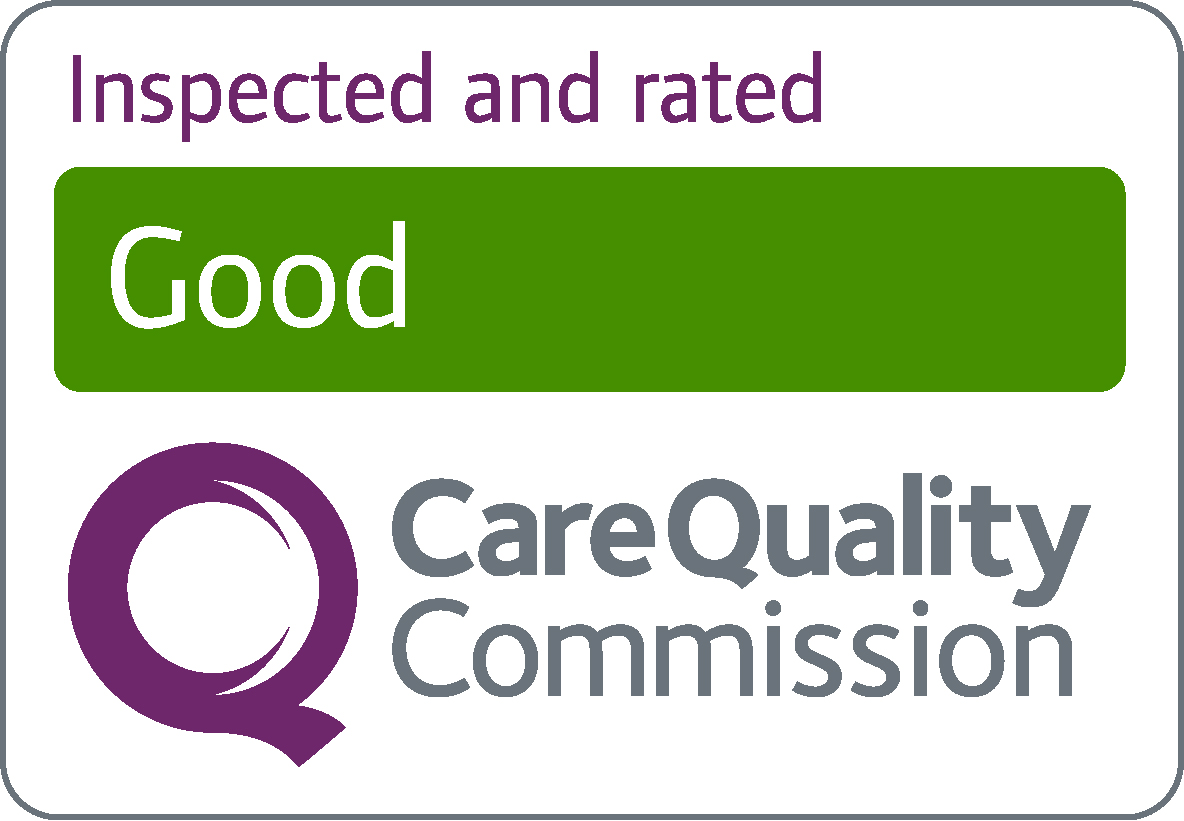RWT to host new NIHR Regional Research Delivery Network
Date of release: 15 November 2023
A new network to support vital health and social care research across England will be established, it has been announced, with The Royal Wolverhampton NHS Trust (RWT) “proud” to be chosen as the West Midlands host organisation.

Dr Brian McKaig, Chief Medical Officer at RWT, and Professor David Loughton CBE, Group Chief Executive of RWT
The Department of Health and Social Care (DHSC) has revealed that National Institute for Health and Care Research (NIHR) Research Delivery Network (RDN) will be set up in 2024.
As part of this,12 new Regional Research Delivery Networks (RRDNs) will be hosted by NHS organisations the length and breadth of the country, covering all English regions.
After an open competition, RWT was successful in its bid to become the RRDN host for the West Midlands. The RRDNs are being launched on 1 October 2024.
Professor David Loughton CBE, Group Chief Executive of RWT, said: “We are delighted to have been appointed as host of the new RRDN for the region, building on the work we have done as host of the Clinical Research Network (CRN) West Midlands for the last nine years.
“Since its inception in 2014, research teams based at NHS and social care organisations across the region have recruited participants across 30 specialities, enrolling 743,056 participants to 4,057 NIHR Portfolio studies.
“This is a proud day for our organisation, and we pledge to continue to support the delivery of life-changing research to ensure opportunities are maximised for all the communities we serve.”
Dr Brian McKaig, Chief Medical Officer at RWT, added: “The Regional Research Delivery Network West Midlands presents a fantastic opportunity to improve and enhance the effective delivery of relevant, inclusive and collaborative research in all health and care settings across the region.
“As Host we are privileged to be part of the future vision and ambition to offer consistency in our approach to ensure that our partners receive a high quality, value for money service that supports the delivery of the vital research that meets the health and care needs of the population.”
Professor Lucy Chappell, Chief Executive of the NIHR said: “I’d like to congratulate The Royal Wolverhampton NHS Trust and all the successful hosts for the future NIHR RDN. I am looking forward to working with the Trust and all the organisations across the new RDN to support the delivery of the best health and care research for the public.
“The opportunity to be part of research is crucial for all communities, particularly those with major health and care needs. The new NIHR RDN will build capacity to extend research delivery in primary, community and social care settings to make it easier for patients to get access to cutting-edge treatments and new models of care, through research.
“The plans and ambitions we have for the NIHR RDN have evolved from the excellent work of the Clinical Research Network over the last nine years.
“Its many dedicated staff have worked incredibly hard to support researchers and sponsors in England to deliver some of the best health and care research during this time. Without their passion and determination, so much of the world-leading research produced in this country during the COVID-19 pandemic would not have been possible.”
The RRDNs will form part of the NIHR Research Delivery Network, which will operate as a single organisation across England. The joint leadership function will balance regional context, expertise and leadership, with national coordination and strategy, involving DHSC policymakers.
The new NIHR RDN will support the country’s world-class research system to deliver high quality research that enables the best care for patients and the public.
It will work across the health and care system, with staff in all health and care settings, to support the effective and efficient initiation and delivery of research.
This will benefit people receiving care now and in the future. It will support the NHS and care services and generate benefits for the economy of the UK.
The new RDN, working with the wider system, will enhance equality of opportunity for people to get involved in research, no matter who they are or where they live.
It will enable research activity to follow patient and service user need, ensuring research is conducted in communities living with the greatest disease burden, in collaboration with patients, carers and the public, investigators and study sites.
ENDS
- For further information, please contact Claire Hall via email at claireanne.hall@nihr.ac.uk

